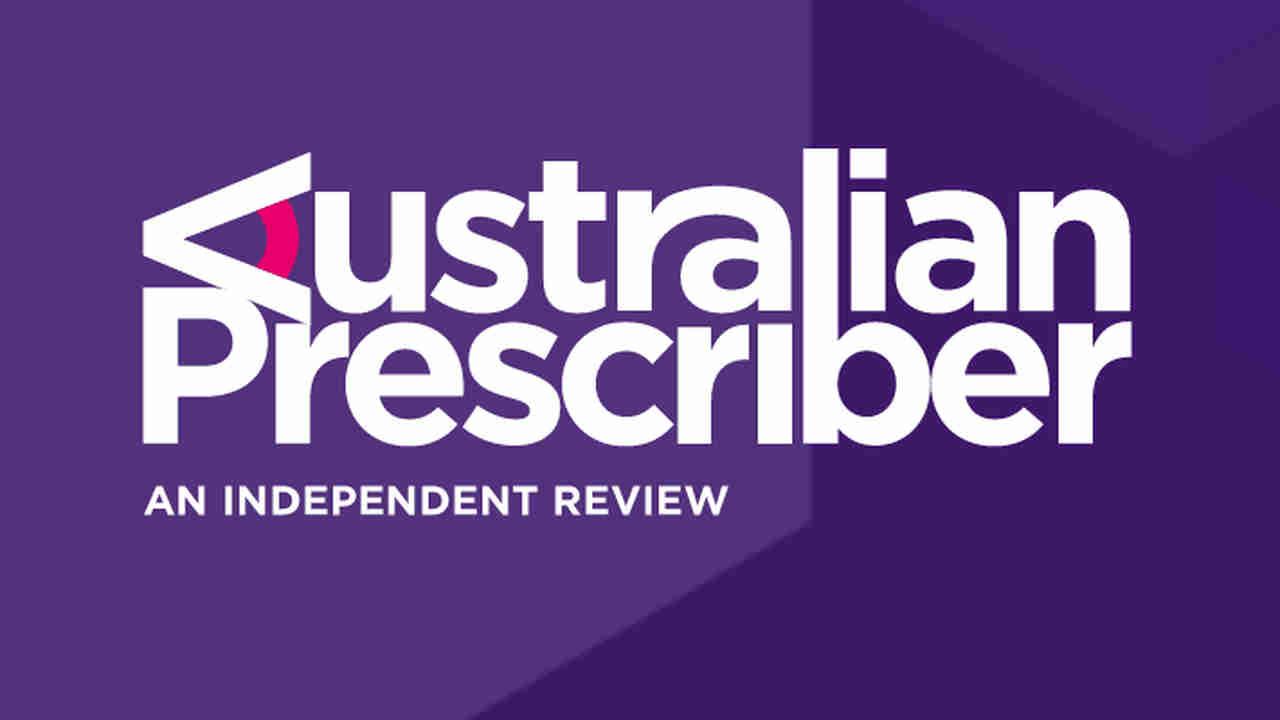Key points
- Adherence is a critical issue to address with patients who are prescribed metformin.
- Choice of second- and third-line medicines for addition to metformin should be individualised, guided by each patient's clinical considerations and each medicine's characteristics.
- Usual second-line options are sodium-glucose linked transporter 2 (SGLT2) inhibitors, dipeptidyl peptidase 4 (DPP-4) inhibitors, sulfonylureas and glucagon-like peptide 1 (GLP-1) receptor agonists.
- Treatment algorithms reflect the complexity of treatment decisions but offer consistent guidance on a stepped/progressive approach to blood glucose control.
Medicines for type 2 diabetes - 2022 update

An increasing number of glucose-lowering medicines are available in Australia, meaning there are many more choices for intensifying treatment following the usual first-line treatment, metformin.
Quality improvement opportunities for patients with diabetes and CVD

The relationship between diabetes and increased risk of mortality from cardiovascular disease (CVD) is well established. What opportunities still remain in general practice to identify at risk patients and optimise their management?
Empagliflozin indications extended (2017)

Empagliflozin is now TGA-approved for reducing cardiovascular deaths in patients with type 2 diabetes with established cardiovascular disease.
What is the evidence, and what does this mean in clinical practice?
Metabolic syndrome and diabetes: how much blame does sugar deserve?

An increasing number of journal articles and media stories are highlighting the potential role of dietary sugar, and particularly added fructose, as a major contributor to ill health, from cardiovascular disease to type 2 diabetes to metabolic syndrome.
Find out more about the evidence for the role of sugar in these conditions.
CPD options
Consolidate your knowledge about type 2 diabetes, brush up on current guidelines and practices and earn CPD points through our learning activities.
Webinar: CV risk in patients with type 2 diabetes and CVD: Getting to the heart of diabetes

Listen to our multidisciplinary panel of experts discuss the prevention of CV events in patients with both type 2 diabetes and CVD. Discussion covers:
- Evidence-based strategies to reduce CV risk for patients with diabetes and CVD
- Advice on how to individualise choice of blood glucose-lowering agents
- The latest Australian blood glucose treatment algorithm for type 2 diabetes
- An update on the latest CV outcome trial data and how this impacts your practice
Listen to the webinar on demand
This program was funded by Boehringer Ingelheim Pty Limited and Eli Lilly Australia Pty Limited and managed through VentureWise, a wholly owned commercial subsidiary of NPS MedicineWise. The program has been designed, developed and implemented by NPS MedicineWise with complete independence and editorial control and is based on best practice guidelines.
- Evidence-based strategies to reduce CV risk for patients with diabetes and CVD
- Advice on how to individualise choice of blood glucose-lowering agents
- The latest Australian blood glucose treatment algorithm for type 2 diabetes
- An update on the latest CV outcome trial data and how this impacts your practice
For your patients: Lifestyle and metformin decision aid
This decision aid is for people who have been diagnosed with type 2 diabetes, have tried lifestyle changes and are deciding whether to continue with lifestyle changes alone or start metformin. It can be used before a consultation to learn about the options, during the consultation to discuss and jointly decide on an option or at another time with discussion at a follow-up consultation.
Practice support tools
Targeted counselling can address aspects of treatment such as adherence to glucose-lowering medicines, lifestyle recommendations, treatment outcomes and ongoing monitoring. Consider patient needs, abilities and social circumstances when providing advice, recognising that type 2 diabetes management is complex and associated with a range of comorbidities. Approach counselling in a non-judgmental way and build on each episode of care to continue to support self-management of type 2 diabetes.
NPS MedicineWise have prepared a counselling checklist and conversation guide to support health care providers engage with their patients.



